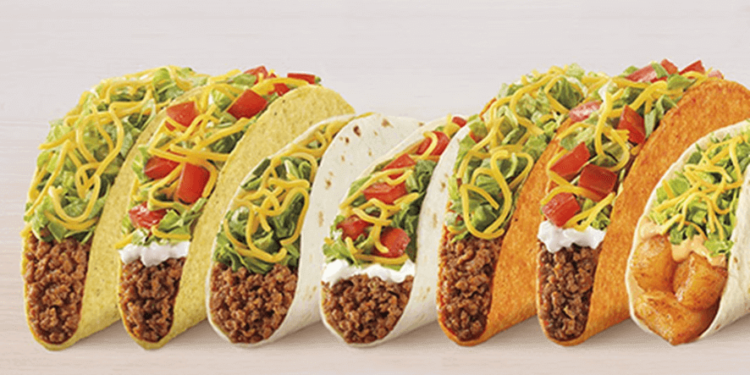Popular fast-food chain Taco Bell is now in legal hot water as it faces a class-action lawsuit seeking at least $5 million over allegations of false advertising. The lawsuit highlights discrepancies between Taco Bell’s advertising and the actual content of their Crunchwrap and Mexican Pizza products.
The legal action was initiated this week by Frank Siragusa, a New York resident who contends that the company’s advertised products do not match the reality. The lawsuit included side-by-side comparisons of Taco Bell ads and customer photos posted online, showing the same products with significantly less filling.
The complaint argues that the advertising for these items is “unfair and financially damaging to consumers as they are receiving a product that is materially lower in value than what is being promised.” Given the current economic context, with high inflation, soaring food and meat prices, and many lower-income consumers facing financial struggles, the lawsuit emphasizes the gravity of the allegations.
This lawsuit follows Taco Bell’s recent legal tussles, including a matter over the phrase “Taco Tuesday” and comes amidst other brands facing lawsuits for false advertising. Buffalo Wild Wings is a recent example, sued for marketing boneless wings that aren’t actual chicken wings.
The unfolding legal challenge occurs as Taco Bell recently promoted its global chief brand and strategy officer, Sean Tresvant, to CEO. Tresvant has been responsible for innovative marketing campaigns, such as a TikTok musical collaboration with singers Doja Cat and Dolly Parton.
The lawsuit against Taco Bell underscores a growing concern in the food industry regarding transparency and truth in advertising. At a time when consumers are becoming more conscious of what they consume and are feeling the pinch of higher prices, discrepancies between what’s promised and what’s delivered can be deeply impactful. The legal challenge also draws attention to the broader issue of authenticity in marketing and how it might influence consumer trust. Taco Bell’s situation, along with other similar cases, should prompt brands to take a closer look at their advertising practices to ensure that they are accurately representing their products, preserving both their legal standing and reputation.




















































